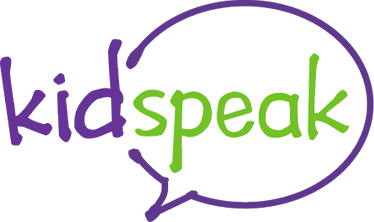by Danielle Carter, MS OTR/L
Young children are sensory beings. They learn through sensory experiences of touch, sight, sound, taste, smell, and movement. While this seems to be a straightforward and easy concept for those playing, raising, and working with young children, the importance of keeping those experiences meaningful and relevant to the child can’t be ignored when thinking of our kids and their development.
I recently read a quote “can I bring it to them, or them to it” about preschool classroom learning. If the answer is no, then there is probably a more meaningful choice of activity for learning. Here is an example: In southern California there was an awesome teacher who taught her students about snow every winter. Their teacher introduced them to “snow” through coffee filter snowflake art and Play-Doh snowmen. However, the children had never had tangible experience with snow. Snow was not a relevant experience in their winter. When one of the children traveled somewhere to see family and saw real snow for the first time she cried with disappointment. The “snowflakes” in California were so much bigger and more beautiful in her eyes, and for her the paper snowflakes and Play-Doh snow men were real. Had she learned about snow through experiencing it’s temperature, size, wetness, etc. her experience would have been more meaningful. She would have experienced awe and wonder instead of disappointment. The real and tangible must come first when our children learn for the abstract understanding to have any context or make sense to our little learners.
I will expand on this further. Think about exposing our kids to watermelon. We could use words like: Green on the outside, red inside, hard, juicy, sweet, crunchy, seeds, mushy, wet, sticky, yummy, and they might describe it’s smell. Now what if these same kids had only been exposed to a plastic play food piece of watermelon? Their words might sound like: hard, red, green with no way to expand on this further. What would happen then when those same kids were given watermelon to eat? Would the tactile experience be too overwhelming? Would the juiciness catch them off guard? Kids need to experience things with their senses first to have contextual learning about it. The tangible experience needs to come before the abstract.
When thinking about how we teach our young children about the world I challenge you to keep it immersive and relevant. This provides foundational and tangible experiences for more abstract learning to occur in the future. Learning in preschool should be creative, fun, relevant, and tangible and the abstract learning will follow in the later years.
